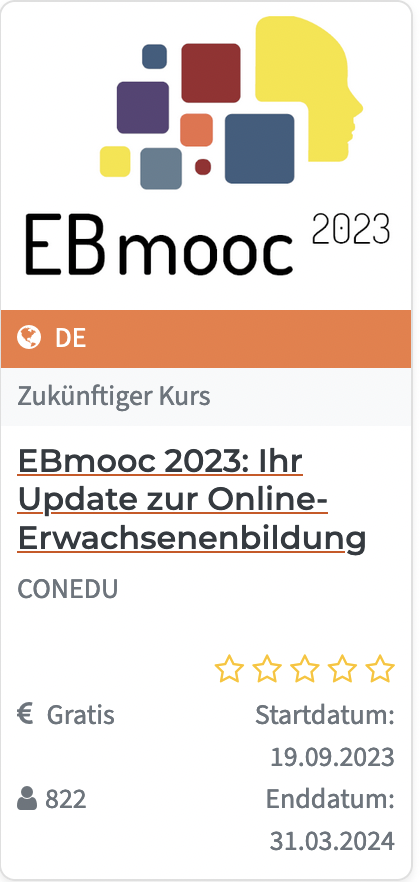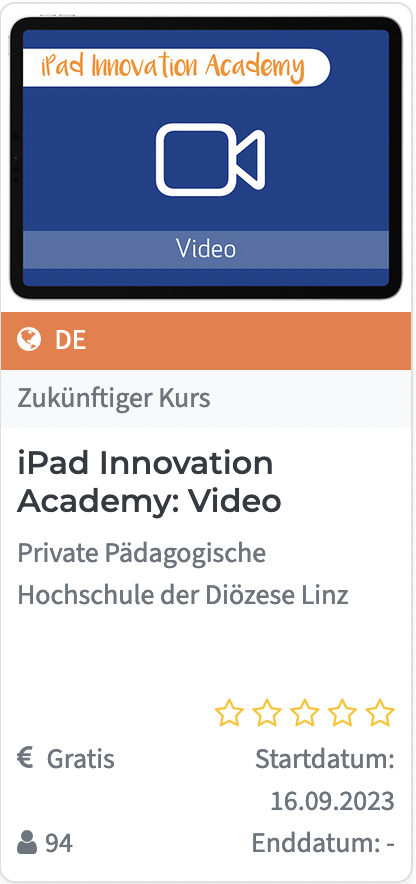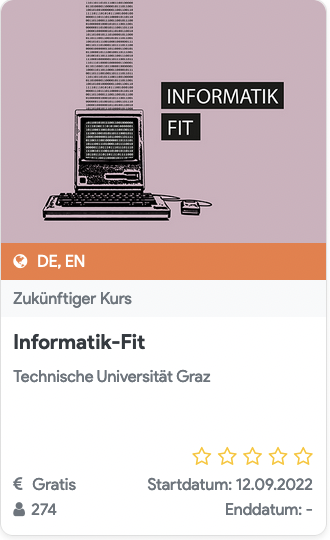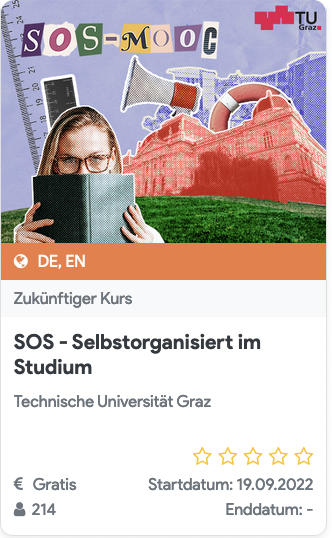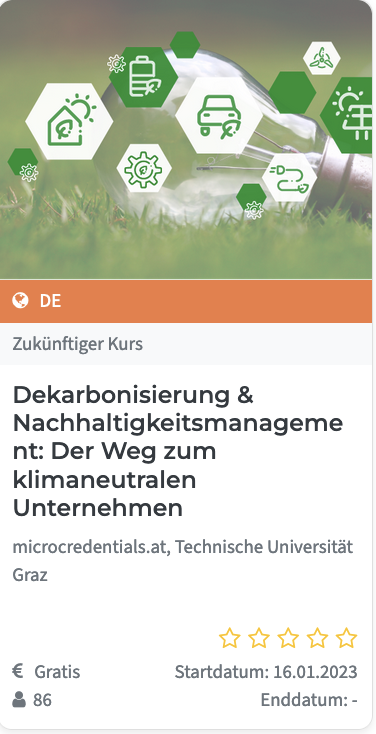Our research publication titled „Developing an Addition and Subtraction Trainer with Automated Categorization of Errors for Learners in Their First Two Years of Primary School“ for the EDMedia and Innovative Learning 2023 conference is published.
Abstract: This paper discusses the development and testing of a gamified mathematical learning app. Said app is designed for primary school children in their first two years of learning, so that they can practice the arithmetic operations addition and subtraction in a playful way. Predefined error categories are used to specifically eliminate weaknesses. As an incentive for the learners, mascots, stars and a child-oriented look are offered, as well as a mode in which the players can compete with others worldwide and, in the case of good performance, find themselves on the leaderboard. A test run and a subsequently conducted survey with 49 school children showed that the app generally works well and that the subjective perceptions regarding the motivational ability of the mascots correlate with the overall perception of the app.
[preprint @ ResearchGate]
[publication @ publisher’s homepage]
Reference: Zöhrer, H., Wachtler, J. & Ebner, M. (2023). Developing an Addition and Subtraction Trainer with Automated Categorization of Errors for Learners in Their First Two Years of Primary School. In T. Bastiaens (Ed.), Proceedings of EdMedia + Innovate Learning (pp. 832-843). Vienna, Austria: Association for the Advancement of Computing in Education (AACE). Retrieved July 19, 2023 from https://www.learntechlib.org/primary/p/222586/.

